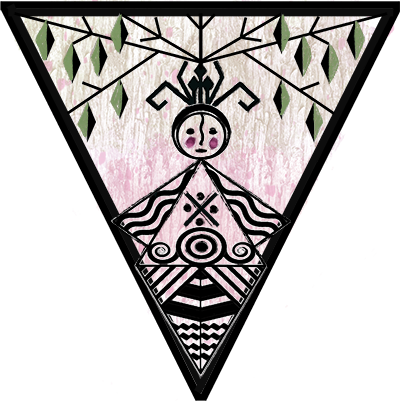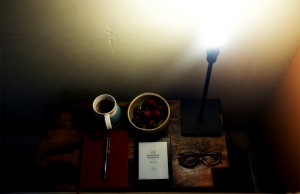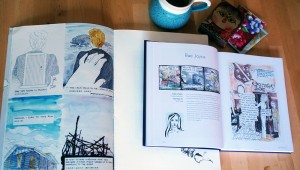What should you eat, when you can eat everything? This is the omnivore’s dilemma. And this book makes it more fascinating and controversial than ever.
As it has been raining in this part of the world for what seems like months, I read most of the book in McDonald’s, where I have been taking my daughter to play. I was trying to hide it, though, scared that the McDonald’s people will chase me away on grounds of “subversiveness”. I was looking suspicious around me while reading about the meal the author’s family shared in a McDonald’s, and which is said to consist more than 50% of corn. My heart was beating fast as I was feeding my daughter the unknown food product called “McNuggets”.
The first part of this book is mind blowing. It shows how we, people, otherwise known as “the consumers”, have always been tricked, made, forced to take, eat, drink whatever was given us by government/corporations. Mostly corn. Some century ago, they made us drink more alcohol (corn surplus). People would be encouraged to take alcohol breaks at work. It did cause an epidemic of alcoholism, but the corn was being sold. Nowadays, we have corn in almost every single thing we eat, in the form of High Fructose Corn Syrup. It causes an epidemic of obesity, but the corn … you see how this goes.
Corn has been made plentiful and cheap, at the expense of farmers, ecosystem, consumers. While, the author shows, south-american natives called themselves “people of the corn”, fully aware of their relationship with this giant grass, we, the modern consumers, have no idea how deeply connected and dependent of it we have become.
The author visits organic small farms, as well as some that have turned into large, corporation size producers. He becomes fascinated with the farmer who recognizes step by step the whole process of food production, starting from he blades of grass growing on his land. It is interesting that this book shows how simply eating “organic” doesn’t solve everything, because there are many facets to the organic food, from the small, really sustainable, family farms that cannot even afford the certification, to the enormous organic corporations who supply Whole Foods.
The last part of the book, where he goes about making a meal that is entirely hunted and gathered by himself, I found a little long and tiring, although still important and thought-provoking.
This is a great book which will make you think a bit more of what you put on your table and in your body, of your relationship to the land from which the food comes and with your supermarket, of your role in the ecosystem. If we are what we eat, this book is a profoundly philosophical discussion on the eternal dilemma of who we really are.



